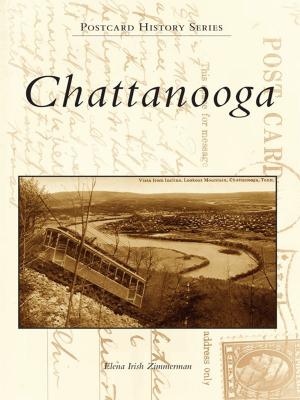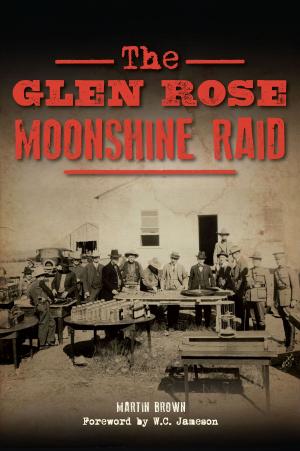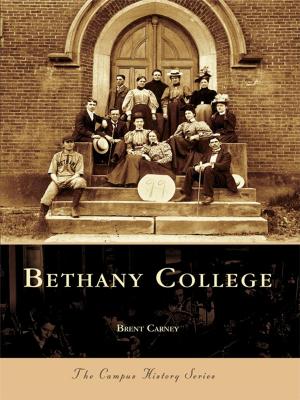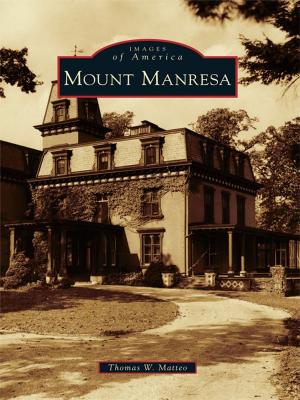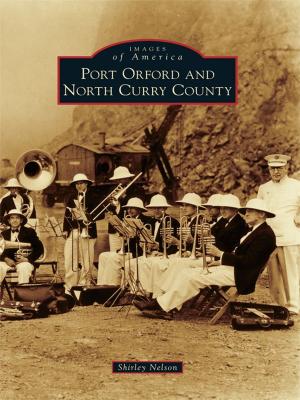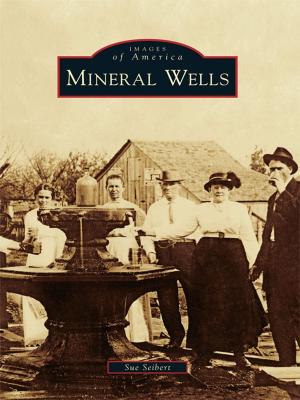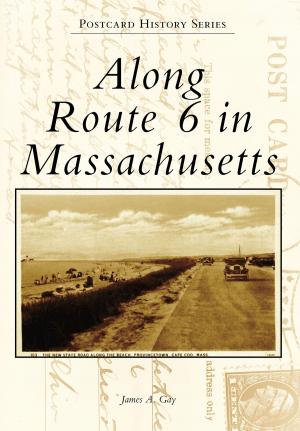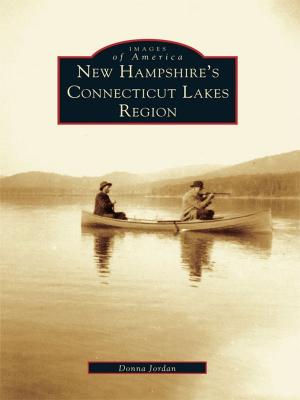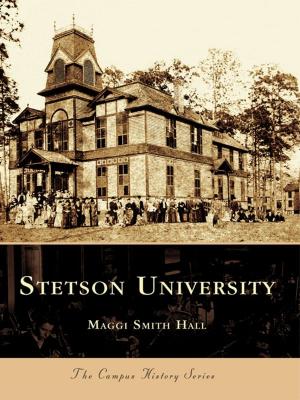Silverton and the Alpine Loop
Nonfiction, Travel, Pictorials, Art & Architecture, Photography, History| Author: | Jeff Corr | ISBN: | 9781439645161 |
| Publisher: | Arcadia Publishing Inc. | Publication: | May 12, 2014 |
| Imprint: | Arcadia Publishing | Language: | English |
| Author: | Jeff Corr |
| ISBN: | 9781439645161 |
| Publisher: | Arcadia Publishing Inc. |
| Publication: | May 12, 2014 |
| Imprint: | Arcadia Publishing |
| Language: | English |
As the ancestral hunting grounds of mountain people known as the Utes, the future site of Silverton was explored by nomadic hunters for generations. During the 1860s, Charles Baker, an early mining prospector, discovered some mineral wealth in the area and spread highly exaggerated rumors that brought in even more prospectors. Significant wealth was found in Arrastra Gulch along the Alpine Loop, north of Baker�s Park. From the beginning of its mining heritage, Silverton has gone through periods of boom to bust. In the 1950s, the area was discovered by Hollywood, increasing its appeal to tourism, and in the 1960s, the Durango & Silverton Narrow Gauge Railroad reinvested heavily to dedicate itself to tourist travel. Although mining continued on a limited basis up until the 1990s, Silverton�s economy is now supported by those who come for its history, picturesque landscapes, fly fishing, jeeping, and hiking.
As the ancestral hunting grounds of mountain people known as the Utes, the future site of Silverton was explored by nomadic hunters for generations. During the 1860s, Charles Baker, an early mining prospector, discovered some mineral wealth in the area and spread highly exaggerated rumors that brought in even more prospectors. Significant wealth was found in Arrastra Gulch along the Alpine Loop, north of Baker�s Park. From the beginning of its mining heritage, Silverton has gone through periods of boom to bust. In the 1950s, the area was discovered by Hollywood, increasing its appeal to tourism, and in the 1960s, the Durango & Silverton Narrow Gauge Railroad reinvested heavily to dedicate itself to tourist travel. Although mining continued on a limited basis up until the 1990s, Silverton�s economy is now supported by those who come for its history, picturesque landscapes, fly fishing, jeeping, and hiking.

